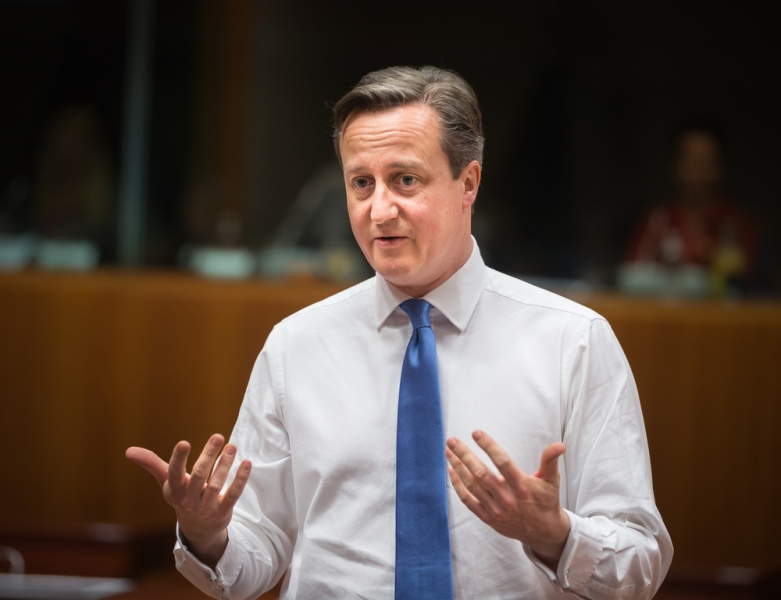
The Conservative Party dominated the polls in last nights UK General Election.The UK is a major player in international drug policy and this report examines the conservative majority’s stance on drugs.
The Conservative Party, who now holds a 51% majority, takes a hard-lined view of drugs, treatment, and punishment. First, they believe abstinence ought to be the goal of all drug treatment, and therefore look down on substitution medications like buprenorphine and methadone despite their proven ability to successfully reduce relapse and recidivism. Second, they would like to institute widespread, random drug tests in prison.
Coming in second, holding 36% of the seats, is the Labour Party. They are somewhat less stringent than the Conservative Party as they are interested in drug treatments that focus on the root causes, or psychology of addiction. Curiously, the Labour Party, and other parties in the UK are hell bent on banning “legal highs,” like synthetic THC and methoxetamine, nicknamed “Mexxy,” which is sold as a designer dissociative.
The Liberal Democrats, who favor a Portugal-style decriminalization of all drugs, hold a tiny 1% of the seats. They advocate for medical cannabis and want to push drug policy oversight away from the Home Office and to the Department of Health.
“All the British parties have pretty bad drug policies. They support some harm reduction, but within the context of prohibition—so the worst aspects of the drug war remain,” Johann Hari, author of bestselling book on the drug war Chasing the Scream, told The Fix.
Furthermore, Hari said, “The one party that made some tentative good noises on this the—Liberal Democrats—has been wiped out, for reasons that have nothing to do with their stance on drugs.”
As it stands, the UK is active in fighting the global War on Drugs and though the Conservative Party holds majority by a mere 1%, the UK’s global drug battle is likely to remain.
Hari did not come off as optimistic, “elections will make little difference,” but he did call for people to rally together, “Drug policy reform will come in Britain when we have a much bigger movement to demand it,” he said.
